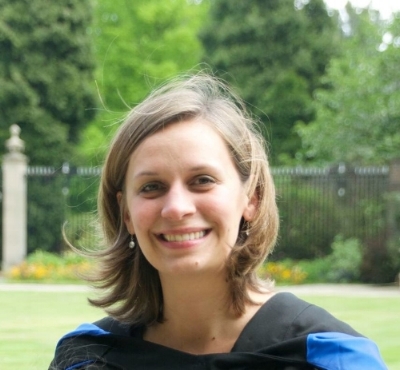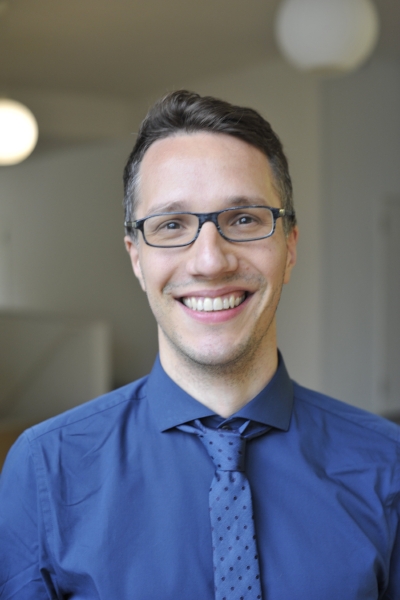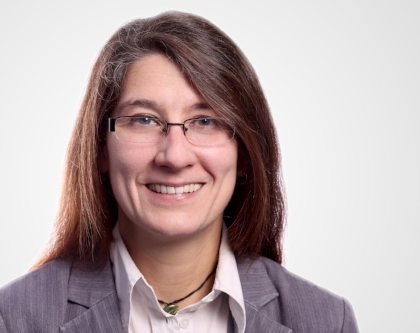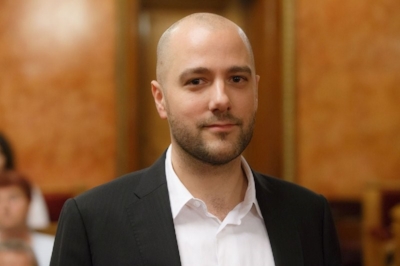Abe Fellowship Program competition
The Social Science Research Council (SSRC) and the Japan Foundation Center for Global Partnership (CGP) announce the annual Abe Fellowship Program competition. Funding for the Abe Fellowship Program is provided by CGP.
The Purpose of the Fellowship
The Abe Fellowship is designed to encourage international multidisciplinary research on topics of pressing global concern. The program seeks to foster the development of a new generation of researchers who are interested in policy-relevant topics of long-range importance and who are willing to become key members of a bilateral and global research network built around such topics. It strives especially to promote a new level of intellectual cooperation between the Japanese and American academic and professional communities committed to and trained for advancing global understanding and problem solving.
Research support to individuals is at the core of the Abe Fellowship Program. Applications are welcome from scholars and nonacademic research professionals. The objectives of the program are to foster high quality research in the social sciences and related disciplines, to build new collaborative networks of researchers around the four thematic foci of the program, to bring new data and new data resources to the attention of those researchers, and to obtain from them a commitment to a comparative or transnational line of inquiry.
Successful applicants will be those individuals whose work and interests match these program goals. Abe Fellows are expected to demonstrate a long-term commitment to these goals by participating in program activities over the course of their careers.
The Abe Fellowship Research Agenda
Applicants are invited to submit proposals for research in the social sciences and related disciplines relevant to any one or any combination of the four themes below. The themes are:
1) Threats to Personal, Societal, and International Security Especially welcome topics include food, water, and energy insecurity; pandemics; climate change; disaster preparedness, prevention, and recovery; and conflict, terrorism, and cyber security.
2) Growth and Sustainable Development
Especially welcome topics include global financial stability, trade imbalances and agreements, adjustment to globalization, climate change and adaptation, and poverty and inequality.
3) Social, Scientific, and Cultural Trends and Transformations Especially welcome topics include aging and other demographic change, benefits and dangers of reproductive genetics, gender and social exclusion, expansion of STEM education among women and under-represented populations, migration, rural depopulation and urbanization, impacts of automation on jobs, poverty and inequality, and community resilience.
4) Governance, Empowerment, and Participation Especially welcome topics include challenges to democratic institutions, participatory governance, human rights, the changing role of NGO/NPOs, the rise of new media, and government roles in fostering innovation.
Across the program’s four dominant themes, projects should demonstrate important contributions to intellectual and/or policy debates and break new theoretical or empirical ground. Within this framework, priority is given to research projects that help formulate solutions that promote a more peaceful, stable, and equitable global society or ameliorate the challenges faced by communities worldwide. Applicants are expected to show how the proposed project goes beyond previous work on the topic and builds on prior skills to move into new intellectual terrain.
Please note that the purpose of this Fellowship is to support research activities. Therefore, projects whose sole aim is travel, cultural exchange, and/or language training will not be considered. However, funds for language tutoring or refresher courses in the service of research goals will be included in the award if the proposal includes explicit justification for such activities.
Policy-Relevant, Contemporary, and Comparative or Transnational Research Rather than seeking to promote greater understanding of a single country-Japan or the United States-the Abe Fellowship Program encourages research with a comparative or global perspective. The program promotes deeply contextualized cross-cultural research.
The Abe Fellowship Program Committee seeks applications for research explicitly focused on policy-relevant and contemporary issues with a comparative or transnational perspective that draw the study of the United States and Japan into wider disciplinary or theoretical debates.
Policy Relevance
The program defines policy-relevant research as the study of existing public policies for the purpose of (a) deepening understanding of those policies and their consequences and (b) formulating more effective policies. Policy relevance can also be found in research questions that are pertinent to understanding public dialogue on contemporary issues of concern to various sectors of society. All proposals are expected to directly address policy relevance in theme, project description, and project structure.
Contemporary Focus
The program is concerned with present day issues and debates. Thus, proposals in history or with a historical component must demonstrate how the research is specifically intended to inform contemporary concerns.
Comparative or Transnational Perspectives The Abe Fellowship Program does not support research on a single country. Priority is accorded to comparisons of processes, problems, and issues across time and space. Successful proposals will explicitly address how the project will be comparative or transnational in construction and goals.
Typically projects involve data collection in more than one country or across several time periods. Data from a single country may be collected under the auspices of the fellowship only if the purpose of collecting that data is explicitly comparative or transnational. Single-country proposals that merely imply that the data have broader comparative relevance will be eliminated from the fellowship competition. Further, it is not sufficient for a proposal to implicitly suggest a comparative perspective because of the pervasive or global distribution of the phenomenon being studied.
Eligibility
* This competition is open to citizens of the United States and Japan as well as to nationals of other countries who can demonstrate strong and serious long-term affiliations with research communities in Japan or the United States.
* Applicants must hold a PhD or the terminal degree in their field, or have attained an equivalent level of professional experience at the time of application.
* Previous language training is not a prerequisite for this fellowship. However, if the research project requires language ability, the applicant should provide evidence of adequate proficiency to complete the project.
* Applications from researchers in professions other than academia are encouraged with the expectation that the product of the fellowship will contribute to the wider body of knowledge on the topic specified.
* Projects proposing to address key policy issues or seeking to develop a concrete policy proposal must reflect nonpartisan positions.
Please note: Past recipients of the Abe Fellowship are ineligible. You may hold only one fellowship sponsored by the Japan Foundation, which includes the Abe Fellowship, during any one Japanese fiscal year, which runs from April 1 through March 31. Current recipients of a Japan Foundation Fellowship and those who will commence that fellowship by March 31, 2017, are ineligible to apply for an Abe Fellowship in 2016. Fellowship awards are contingent upon receipt of funding from the Japan Foundation Center for Global Partnership.
Fellowship Terms
Terms of the fellowship are flexible and are designed to meet the needs of researchers at different stages in their careers. The program provides Abe Fellows with a minimum of 3 and maximum of 12 months of full-time support over a 24-month period. Fellowship tenure must begin between April 1 and December 31 of a given year. Fellowship tenure need not be continuous, but must be concluded within 24 months of initial activation of the fellowship.
* The fellowship is intended to support an individual researcher, regardless of whether that individual is working alone or in collaboration with others.
* Candidates should propose to spend at least one third of the fellowship tenure in residence abroad in Japan or the United States. In addition, the Abe Fellowship Committee reserves the right to recommend additional networking opportunities overseas.
* Abe Fellows will be expected to affiliate with an American or Japanese institution appropriate to their research. Fellowship funds may also be spent on additional residence and fieldwork in third countries as appropriate to individual projects.
* Fellows will be required to attend specific Abe Fellowship Program events.
Applications
The application deadline is September 1 annually. Applications must be submitted online at https://soap.ssrc.org. For further information, please contact the program directly at abe@ssrc.org.
Contact Info:
Abe Fellowship Program staff can be reached by email at abe@ssrc.org.
Contact Email:
abe@ssrc.org




